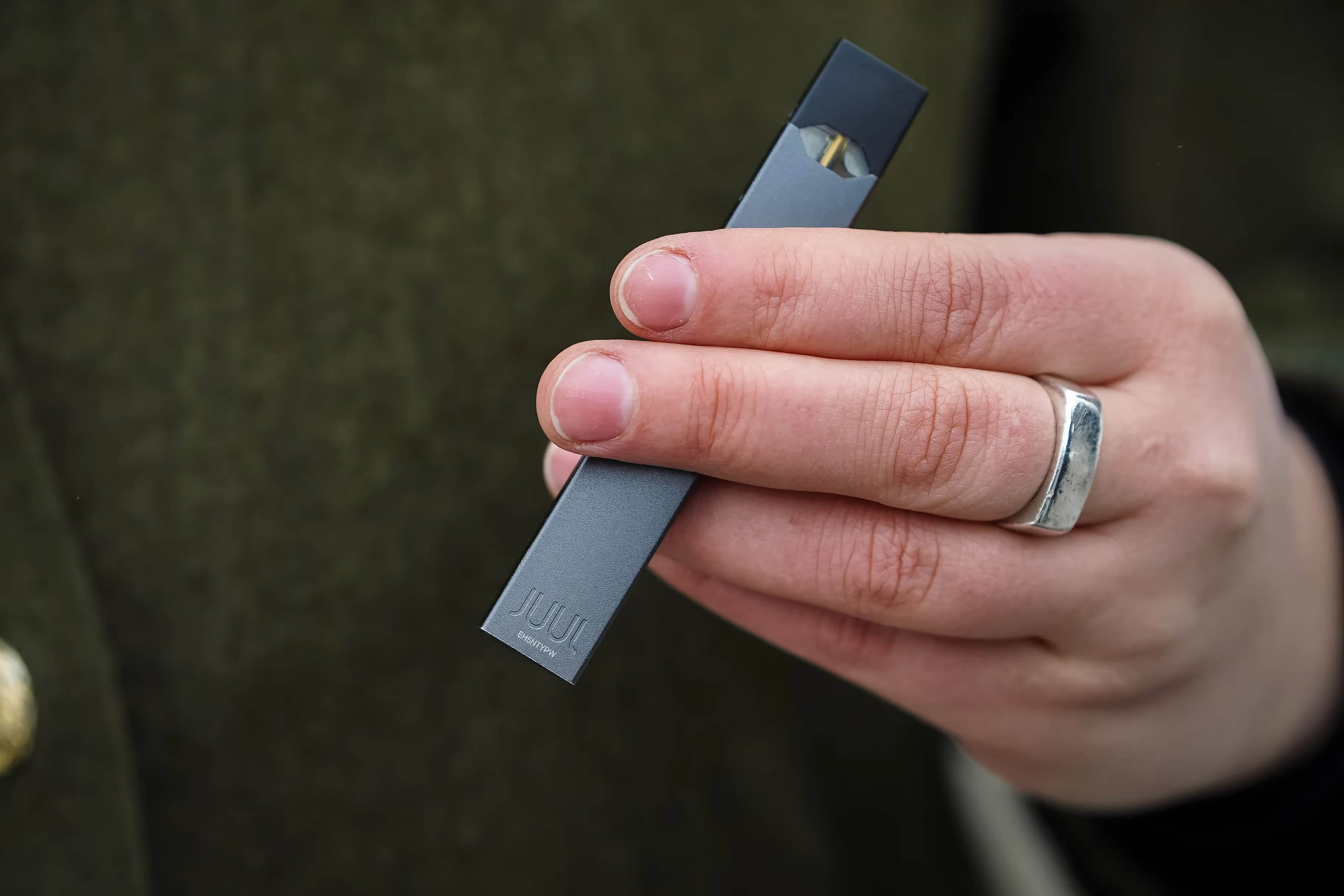What Financial Remedies are Available in JUUL Lawsuit Payouts?
JUUL vapes and other e-cigarettes can cause serious injuries. The potential financial remedies available in JUUL lawsuit payouts can vary based on the specific circumstances of each case. Use of vapes can result in serious injuries such as popcorn lung, respiratory issues, and even severe burns. The Centers for Disease Control (CDC) reported almost three thousand individuals were hospitalized for vape-related injuries.
The amount of the monetary award will usually be based on the extent of injuries or damage suffered by the injured party and the legal arguments presented. Some types of financial compensation available may include:
- Pain and suffering: You may be entitled to compensation for the physical and emotional pain and suffering you have experienced as a result of health issues associated with JUUL use.
- Medical expenses: Medical expenses that you may be able to recover include compensation for current and future medical costs related to health issues caused by JUUL use. Some of the conditions that JUUL use may cause include serious lung conditions that need prolonged medical treatment.
- Punitive damages: In cases where the plaintiff can demonstrate that JUUL's conduct was particularly egregious, reckless, or intentional, punitive damages may be pursued. Punitive damages are intended to punish the defendant and deter similar conduct in the future.
- Wrongful death: Wrongful death awards are intended to compensate the surviving family members for the losses they suffer as a result of the death of a loved one. These awards may include financial losses, as well as non-economic losses like emotional pain and the void left by the departed family member
The specifics of your injuries and their calculation can vary. You should know that the outcome of each lawsuit depends on the individual circumstances and legal arguments presented. Each JUUL lawsuit case is different and will require a different legal approach.
Injuries Caused by JUUL
The use of JUUL, vaping, and other e-cigarette use has been associated with various health risks, and users may experience injuries or adverse health effects. Some serious injuries that can be caused by JUUL use include: popcorn lung, nicotine addiction, lung injuries, and other serious respiratory illnesses. The long-term health effects of JUUL use are still being studied, and new information may emerge as research continues.
If you have used JUUL or other e-cigarette products and are experiencing health issues, you should contact a medical professional. Your health is important and you should first make sure that you are healthy and safe. Once you begin to consider legal options, seek guidance from an attorney experienced in e-cigarette litigation who can help you understand your rights and options.
If you are considering pursuing a JUUL lawsuit, consulting with an experienced attorney specializing in e-cigarette litigation is essential. An attorney can assess the details of your case and work toward securing a fair settlement that addresses your specific needs and injuries.
The ultimate goal in each JUUL lawsuit is to secure the maximum compensation available for your injuries. Your attorney will work diligently to ensure that you are adequately compensated for medical expenses, pain and suffering, lost wages, and other financial compensation. Contact the team of associates at Levin Simes online or by calling (415) 426-3000 to learn more about JUUL lawsuits.
JUUL Device Bans
In 2020, the Federal Drug Administration (FDA) required all e-cigarette and vaping companies to submit applications to continue marketing their products. In mid-2022, the FDA attempted to place a ban on the sale of JUUL devices and products. The FDA cited studies that suggested unique respiratory illnesses and lung conditions were caused by the use of JUUL devices and pods.
Still, JUUL devices and pods remain for sale and on the market. This is because the FDA has agreed to review JUUL Labs’ marketing application again. Until that review is complete and the FDA has come to a final decision, JUUL can still market and sell its products.

.webp)

.webp)

.webp)

.webp)

.webp)




.avif)



